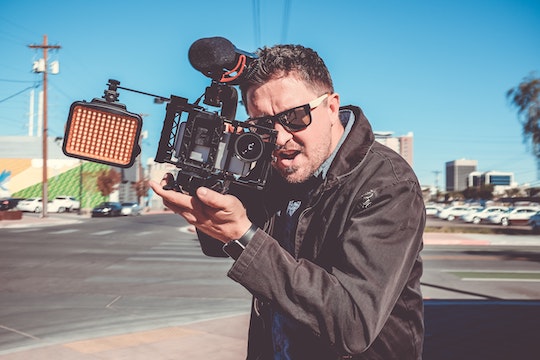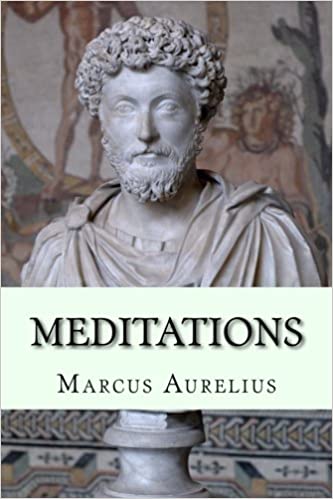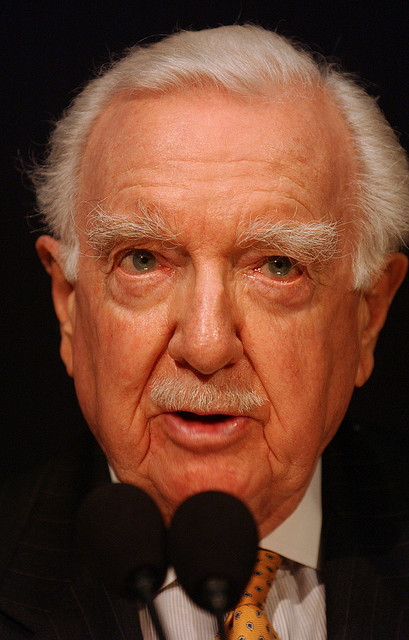“Truth does not carry within itself an antidote to falsehood. The cause of truth must be championed and it must be championed dynamically.”
—William F. Buckley Jr., 20th Century American author and commentator
Where do you get your news? Who are the people and what are the sources you trust? What are some of the sources that bend the truth, provide widely divergent views and spins on current events, in pursuit of their own agenda?
In the past—and to some extent today—I was foolish enough to believe that the truth would always set us all free and that it was indeed the antidote to any falsehood.
These days, the truth itself does not always matter enough to set things right, given the many other divergent perspectives being advocated.
EXERCISE:
Where are you dynamically championing the truth in your various personal and professional communities? How can you better apply a “trust but verify” approach to the many sources of information coming your way?



